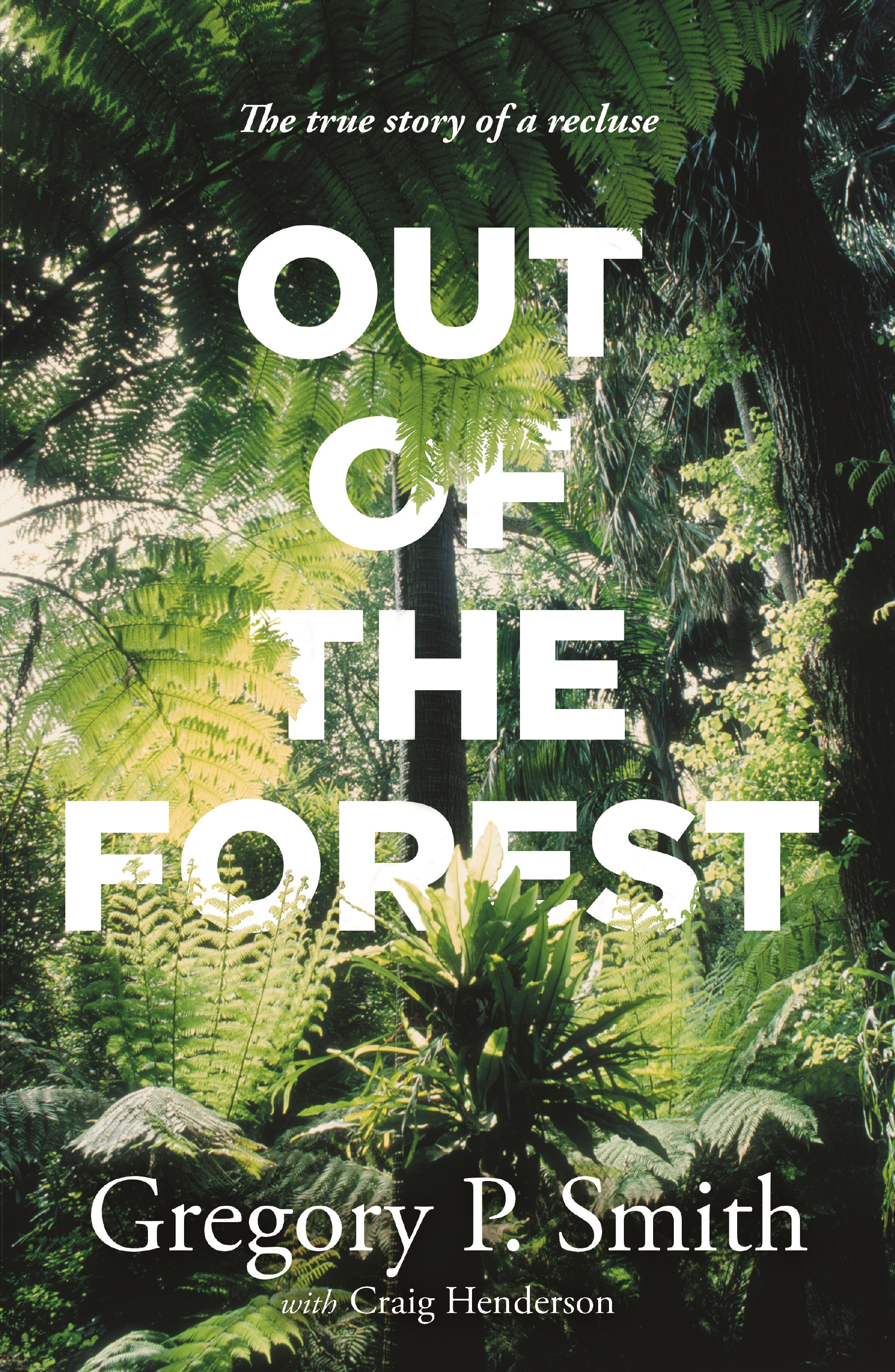I am in two minds about transformative learning. Try this definition:
“Transformative learning is the expansion of consciousness through the transformation of basic worldview and specific capacities of the self” (Elias, 1997, p 3).
Or this:
“Transformative learning involves experiencing a deep, structural shift in the basic premises of thought, feelings, and actions. It is a shift of consciousness that dramatically and irreversibly alters our way of being in the world” (O’Sullivan, 1999, p 237).
Such grandiosity wakes up the (admittedly lightly sleeping) cynic in me. There are moments when I want to believe in the transformative power of education: reading bell hooks’ (1994) Teaching to Transgress: Education as the practice of freedom, the drive to learn shared by Professor of Indigenous Studies Bronwyn Carlson (“It still blows my mind I have a PhD”) and this student panel at the HERDSA conference earlier this year:
‘Higher education makes people kinder’. The benefit of a uni education from the perspective of the self-described ‘criminalised woman’ on the student panel at #herdsa18. I so want this to be true.
— Kathryn Sutherland (@sutherka) July 4, 2018
Part of my resistance may be my own (very slow) transformation.
I taught undergraduate subjects in postmodern subjectivity/ post-humanism for many years. (In a nutshell, subjectivity or your sense of selfhood is anything but stable, distinct and autonomous. It is constantly shifting, relational, and performative). But I didn’t really believe in this idea. I had a sense of myself as, in essence, constant and unchanging.
Until my daughter was born.
I returned to lecturing unexpectedly when she was four months old. I expressed milk for her morning and afternoon tea, and my mother brought her to me for a lunchtime breastfeed. One week the topic was postmodern subjectivity. As I lectured, I was aware (and preoccupied with keeping my students unaware) of my breasts becoming higher and heavier and starting to leak. I experienced a radical insight: I was a completely different person from the lecturer who had stood in this place one semester earlier. I said as much to my students: I didn’t believe in the postmodern notion of subjectivity until right now.
When I read in Natalie Angier’s Woman: An Intimate Geography that foetal cells circulate in the mother’s body long after the birth of a child, I felt recognised. Yes, I had changed at a cellular level. I was a different person. I had been studying, and subsequently teaching, theories of postmodern subjectivity for over a decade by that stage. It took a long time for “an altered way of being” to result in “an expansion of consciousness”.

I recently read Out of the Forest by Gregory Smith. It is difficult to sum up this memoir of ten years living in the bush: a traumatic childhood, a reclusive escape, mental illness, addiction, and the redemptive power of education. Such a seductive idea—to leave the world for the deep work of the self (Thoreau: “I went into the woods because I wished to live deliberately”) and how truly awful the experience when Smith recounts it!
Having left the bush, and sobered up, he describes his first foray into higher education—a free six week computing course (“I learned two very important things … One was that I hated—utterly hated—computers. The other was that I loved to learn”). He writes about the life-changing impact of studying:
I could feel a touch of wonder coming into my life … I picked up a pristine bird feather that was lying on the grass. I marveled at its green and yellow hues, and later that night I twirled it between my thumb and forefinger and contemplated what an education night mean. What might my future look like? ‘A bird can fly anywhere it wants,’ I thought. ‘That’s freedom’ … And that’s what I figured an education might give me—the freedom to go where I chose and be who I wanted to be. I slipped the feather into my TAFE diary as a bookmark and a constant reminder of a yearning to spread my wings and fly with whatever birds I chose …
Smith is now an academic, having progressed from a TAFE tertiary readiness course to a doctorate. It’s an inspiring transformation. Western Sydney University’s campaign featuring former child soldier and refugee lawyer Deng Adut is similarly powerful. You may have seen it:
When we teach, we pre-define learning outcomes and their assessment for the assurance of learning within a unit in a semester and across a degree. Sometimes we attempt to measure transformative learning in this way. I wonder: what might teaching and learning look like otherwise?
great post. the Deng Adut commercial is as good as university advertising gets.
by the way, don’t we have a definition of transformative learning? 🙂
LikeLike
Transformative learning is our number one strategic priority! (Not sure if we have a definition though…)
I should add that we have excellent work-integrated learning, which has the best evidence for impacting student learning.
Is it transformative? Perhaps for some, and I think that is ok.
LikeLike
Pingback: A year of books and questions | The Slow Academic